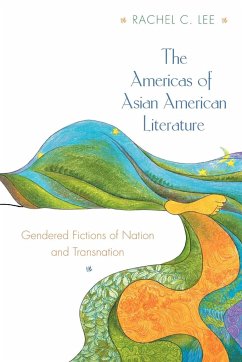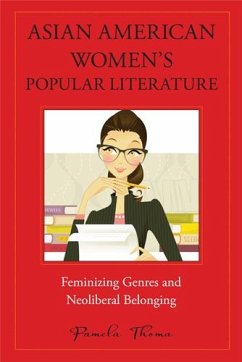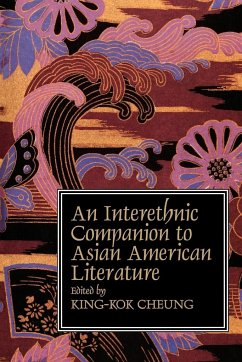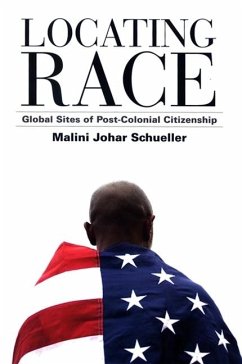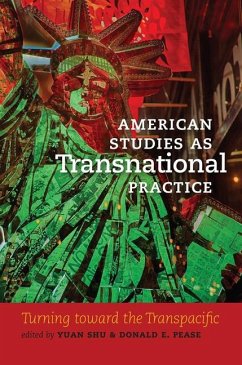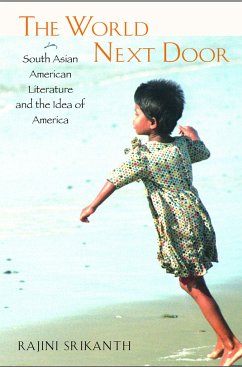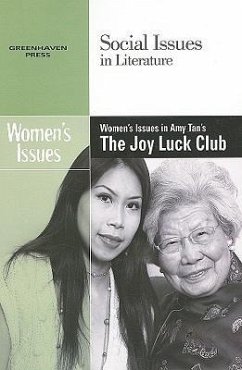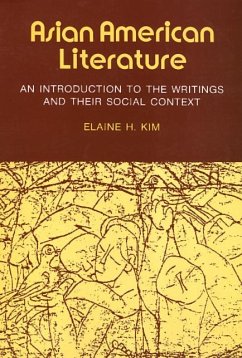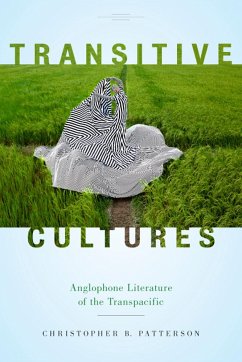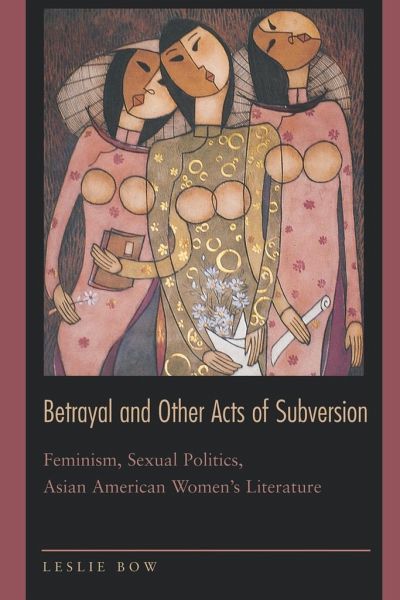
Betrayal and Other Acts of Subversion
Feminism, Sexual Politics, Asian American Women's Literature

PAYBACK Punkte
17 °P sammeln!
Asian American women have long dealt with charges of betrayal within and beyond their communities. Images of their "disloyalty" pervade American culture, from the daughter who is branded a traitor to family for adopting American ways, to the war bride who immigrates in defiance of her countrymen, to a figure such as Yoko Ono, accused of breaking up the Beatles with her "seduction" of John Lennon. Leslie Bow here explores how representations of females transgressing the social order play out in literature by Asian American women. Questions of ethnic belonging, sexuality, identification, and pol...
Asian American women have long dealt with charges of betrayal within and beyond their communities. Images of their "disloyalty" pervade American culture, from the daughter who is branded a traitor to family for adopting American ways, to the war bride who immigrates in defiance of her countrymen, to a figure such as Yoko Ono, accused of breaking up the Beatles with her "seduction" of John Lennon. Leslie Bow here explores how representations of females transgressing the social order play out in literature by Asian American women. Questions of ethnic belonging, sexuality, identification, and political allegiance are among the issues raised by such writers as Jeanne Wakatsuki Houston, Bharati Mukherjee, Jade Snow Wong, Amy Tan, Sky Lee, Le Ly Hayslip, Wendy Law-Yone, Fiona Cheong, and Nellie Wong. Beginning with the notion that feminist and Asian American identity are mutually exclusive, Bow analyzes how women serve as boundary markers between ethnic or national collectives in order to reveal the male-based nature of social cohesion. In exploring the relationship between femininity and citizenship, liberal feminism and American racial discourse, and women's domestic abuse and human rights, the author suggests that Asian American women not only mediate sexuality's construction as a determiner of loyalty but also manipulate that construction as a tool of political persuasion in their writing. The language of betrayal, she argues, offers a potent rhetorical means of signaling how belonging is policed by individuals and by the state. Bow's bold analysis exposes the stakes behind maintaining ethnic, feminist, and national alliances, particularly for women who claim multiple loyalties.




